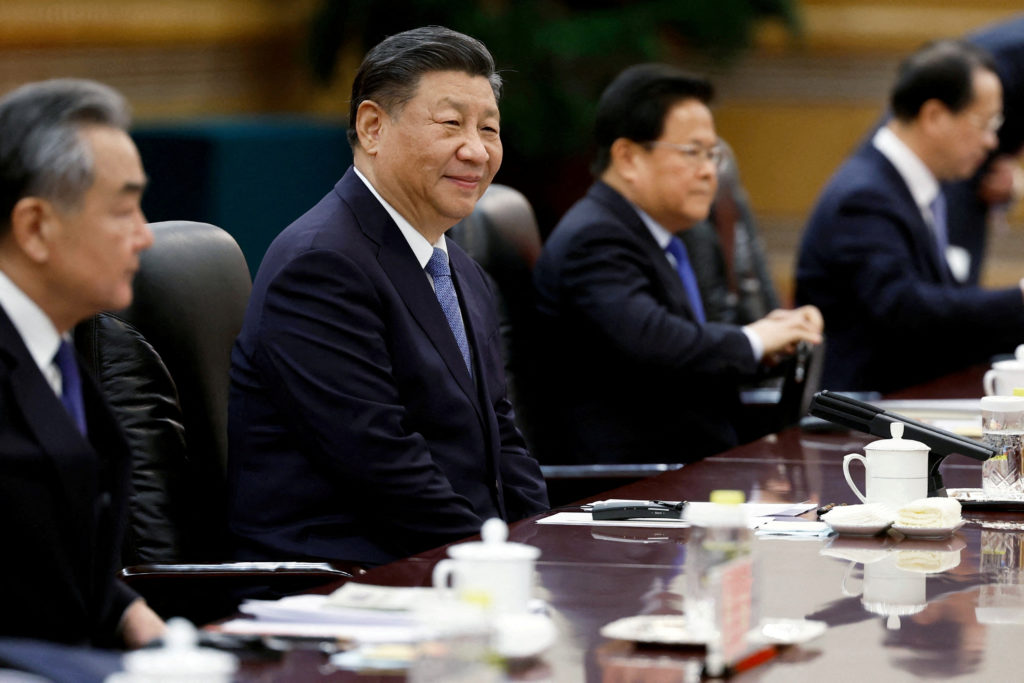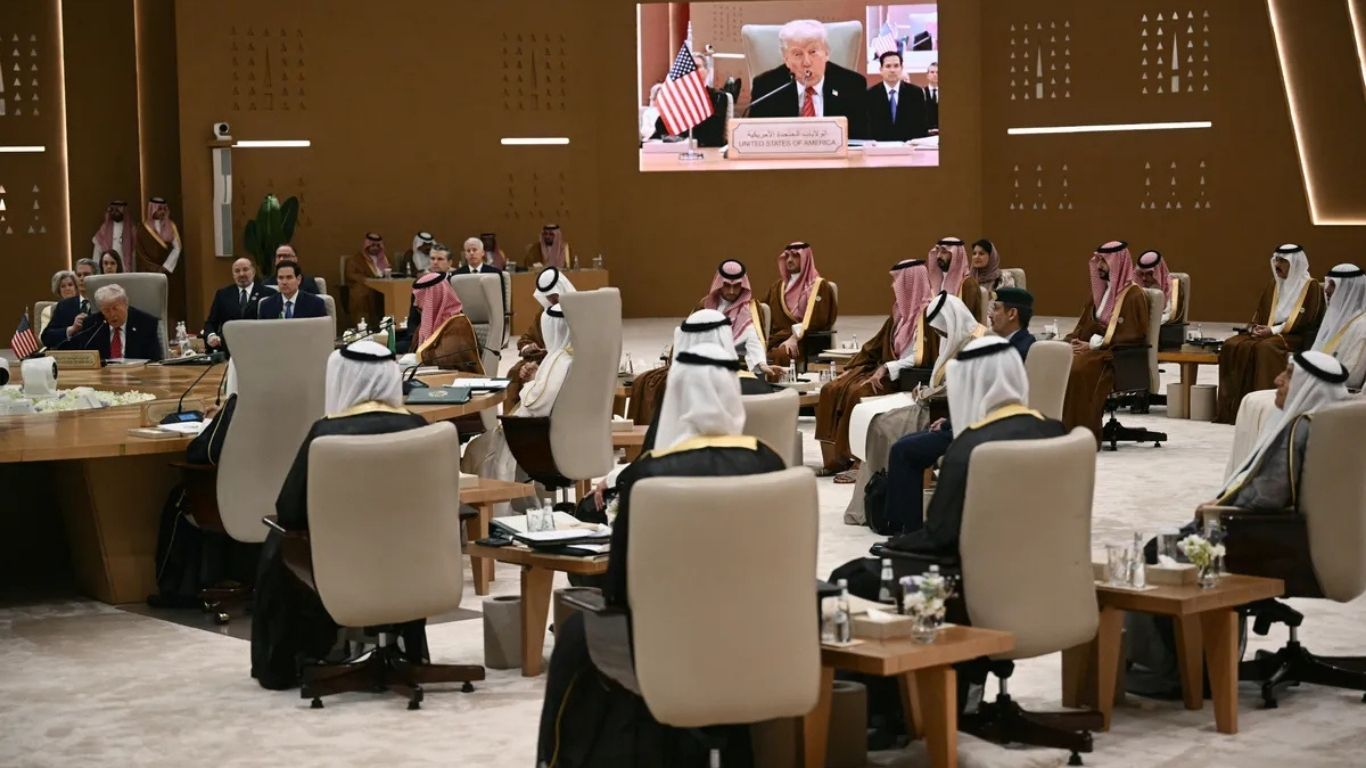China’s auto industry is at a crossroads after a dramatic price war sparked by BYD’s massive discountstriggered a regulatory rebuke, stock market rout, and warnings of an impending “bloodbath.” As profit margins evaporate and industry leaders sound the alarm, the sector faces a reckoning that could reshape the world’s largest car market.
BYD Ignites Market Shockwaves
The latest crisis erupted when BYD, China’s electric vehicle (EV) giant, slashed prices on 22 models by up to 34% on May 23, 2025. The move, aimed at defending market share in an increasingly crowded market, dropped the starting price of its Seagull hatchback to just 55,800 yuan (about $7,700), down from nearly $10,000. BYD’s aggressive campaign, its third since late March, was swiftly matched by rivals including Geely, SAIC, Chery, and Leapmotor, who rolled out their own deep discounts and trade-in incentives.
Stock Market Rout and Industry Panic
The price war sent shockwaves through financial markets. BYD’s Hong Kong-listed shares plunged 8.6%, Geely dropped 9.5%, and Leapmotor tumbled 8.5%, reflecting widespread investor anxiety about eroding profit margins and the sustainability of such fierce competition. Industry analysts warned that the ongoing discount spree could trigger a “bloodbath” later this year, as weaker players particularly startups might not survive the financial strain.
Regulators and Industry Groups Sound the Alarm
In a rare show of unity, the Ministry of Industry and Information Technology (MIIT) and the China Association of Automobile Manufacturers (CAAM) issued public rebukes, warning that “reckless price wars” undermine product quality, service standards, and consumer welfare, while jeopardizing the sector’s sustainable development. CAAM’s statement cautioned that “disorderly” competition is exacerbating harmful rivalry, squeezing corporate earnings, and threatening systemic risks across the supply chain.
“There are no winners in price wars, nor do they permit a viable future,” an MIIT official declared, urging automakers to focus on innovation, brand building, and high-quality development instead of unsustainable price slashing.
Downstream Fallout and Industry Risks
The downstream effects are already being felt. Some dealerships have collapsed under inventory pressure and cash flow strain, leaving customers unable to register new vehicles. Suppliers are also under threat, with BYD reportedly demanding component price cuts of 20–30%, forcing many into precarious “volume-for-price” compromises. Industry leaders, including Great Wall Motors’ chairman, have compared the situation to the Evergrande property crisis, warning that the auto sector could face a similar reckoning if the price war continues unchecked.
A Call for Sustainable Competition
Both regulators and industry groups are calling on automakers to shift away from destructive pricing tactics. Instead, they urge a renewed focus on technological and managerial innovation, cost reduction through efficiency, and the cultivation of strong brands key drivers for long-term, high-quality growth in China’s auto industry.




